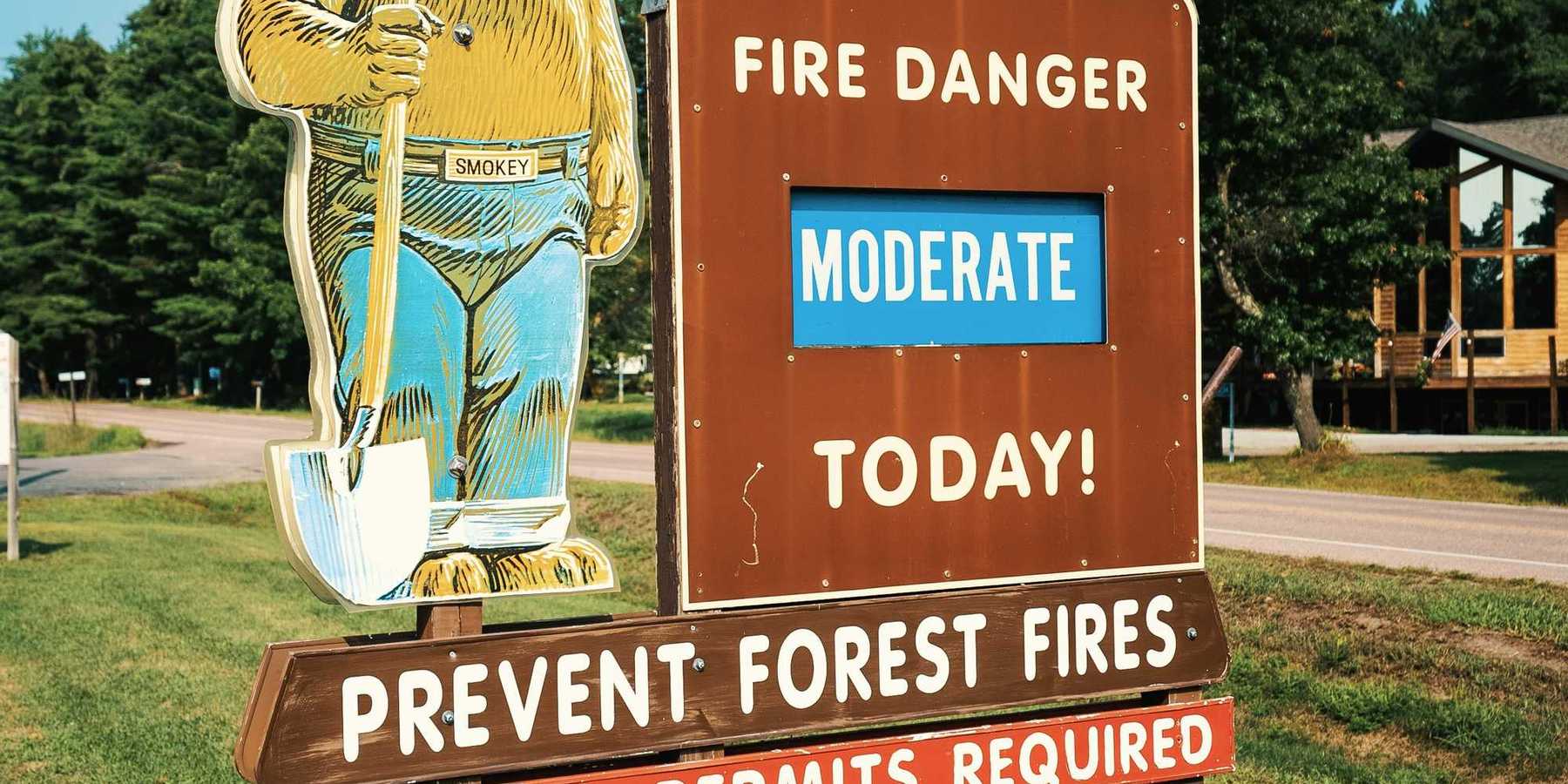Classic and prestige cars likely to look to synthetic fuel and electrification in global energy transition
ABC News Australia: What will happen to classic and prestige cars as the world transitions away from gasoline? Experts believe the future of these vehicles will include a mix of technologies as the planet becomes more environmentally conscious, writes Georgina Carroll.
In a nutshell:
Porsche, a renowned luxury car manufacturer, is striving to develop a carbon-neutral petrol vehicle as regulations limiting petrol-powered cars are introduced globally. This initiative comes amid a broader shift towards electrification, with Porsche aiming for 80% of its cars to be electric by the end of the decade. However, the company is also collaborating with Siemens to create synthetic fuels for vehicles that will continue to run on liquid fuels. While electrification is the primary focus for most automotive sectors, synthetic fuels may provide a viable alternative for classic and prestige cars, aligning with the sustainability concerns of environmentally-conscious collectors.
Key quote:
"Even in a sustainable scenario we will still have synthetic fuels, and classic and prestige cars could be a niche application of that technology," said University of Technology Sydney Institute for Sustainable Futures senior research consultant Maartje Feenstra.
The big picture:
Vehicle electrification reduces harmful emissions associated with traditional combustion engines, leading to improved air quality and a reduction in respiratory issues, particularly in urban areas. Synthetic fuels, if produced sustainably, can help reduce carbon emissions, addressing broader environmental health concerns related to climate change. This shift aligns with a growing emphasis on cleaner, more sustainable transportation options, contributing to enhanced public health outcomes by mitigating the adverse health effects of pollution and climate-related issues.
Read the article at ABC News.
Learn more about the environmental justice dimensions of electric cars: Agents of Change fellow Tatiana Height argues that expanding electric vehicle access will help improve air quality and mobility in low-income communities plagued by environmental racism.













